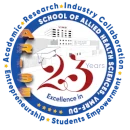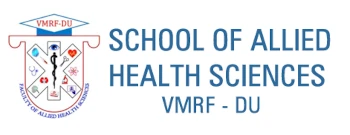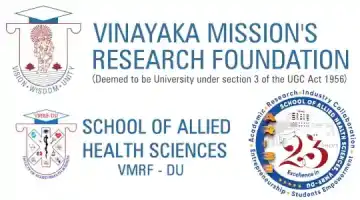M.Sc. Radiology and Imaging Technology – FAHS Salem
Advanced Education in Medical Imaging and Diagnostics
Course Description
Outcomes
At the end of the program, graduates will be able to…
- Explain basic principles for medical imaging based using advanced image modalities: MRI, CT, Ultrasound and PET-CT
- Data analysis, image processing and post processing techniques for the different modalities.
- Describe principles of physics and operation of the imaging equipments
- Demonstrate knowledge of specified imaging modalities, relevant anatomy, image quality assurance and diagnostic decision making.
- Acquire knowledge in Medical imaging, physical principles of diagnostic radiology, Radiography techniques, Image quality and quality assurance
- Describe transform domain non-iterative 2D and 3D reconstruction techniques for non diffracting radiation sources
- Perform radiographic procedures ensuring safety of patients and personnel involved
- Operate and maintain commonly used imaging equipment with safety and efficiency.
- Provide sufficient information effectively to the patient about the imaging options available, purpose of the procedure, benefits, possible adverse consequences, and limitations.
- Describe the statistical nature of the radiation energy generation, propagation, and detection.
- Recognize their role in the health care system and function effectively in a multidisciplinary health care team
- Practice professional and ethical responsibilities with high degree of credibility, integrity and social concern.



